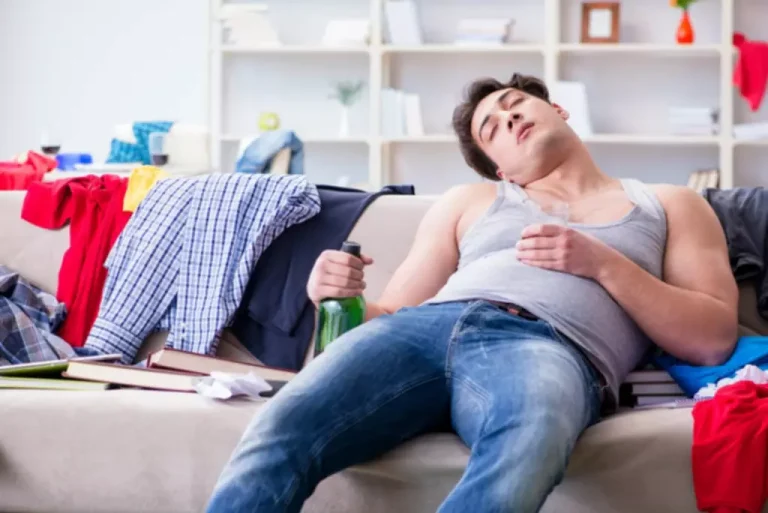
As your cravings for alcohol become more manageable, you may decide to try reintroducing situations that previously triggered your temptation to drink. Therapy, medication, and recovery programs can all have benefit for reducing and preventing cravings. Combining medication with therapy and other interventions can prove even more helpful than medication alone. Taking time to explore the specific people, places, and situations that cue your urge to drink can make a big difference.

Coping Strategies for Alcohol Cravings: Tools for Your Recovery Journey
Hydration and maintaining a balanced diet are critical in managing how to stop alcohol cravings. Dehydration and poor nutrition can amplify the need for alcohol. They rear their intrusive heads in moments of vulnerability, sabotaging your well-intentioned journey towards an alcohol-free life. Alcohol cravings are a common obstacle for many on the road to recovery, but you don’t have to remain victim to them. Breaking this habit loop can be useful in overcoming alcohol cravings. One way to do this is to identify this loop and then build new routines to break the cycle.
- This is of particular concern when you’re taking certain medications that also depress the brain’s function.
- Planning for relapse prevention can begin as soon as you enter recovery.
- Calling or texting a friend, family member, or another trusted individual can be a form of distraction and support.
- Certain foods are thought to reduce alcohol cravings due to their nutritional content.
- When you drink alcohol while taking naltrexone, you can feel drunk, but you won’t feel the pleasure that usually comes with it.
Recognizing the Signs of Alcohol Cravings
Josh Lee is a clinician and researcher with a focus on medication-assisted treatment of alcohol and opioid use disorders. He has conducted multiple clinical trials examining the use of naltrexone in primary care and other community settings. As a practicing physician, Josh helps manage the NYC Health + Hospitals/Bellevue addiction medicine clinic in adult primary care. Meditation, practiced on your own or via guided meditation, can help you learn to react less to alcohol cravings (8). This can be a key to breaking the hold that your triggers to drink have on you. It’s important to note that you may or may not be aware of these external triggers as reasons for your alcohol cravings.

Nuts and Seeds: Healthy Fats to the Rescue
Combined with medications and behavioral treatment provided by health care professionals, mutual-support groups can offer a valuable added layer of support. If you are having a very difficult time with urges, or do not make progress with the strategies in this activity after a few weeks, then consult a healthcare professional for support. In addition, some new, non-addictive medications can reduce the desire to drink or lessen the rewarding effect of drinking so it is easier to stop.
- By avoiding alcohol, you’re taking a big step toward improving physical health.
- Yogurt contains probiotics that are beneficial for gut health, which can be damaged from prolonged heavy drinking.
- Moderate or binge drinkers can likely quit alcohol on their own.
- Studies show that mindfulness can even reduce the amount you drink.9 These activities promote self-acceptance and a sense of calm.
- Everyone’s timeline is unique, and cravings usually lessen over time.
This approach is especially helpful for people healing from long-term alcohol abuse. When you first quit drinking, https://ecosoberhouse.com/ your cravings might be especially intense. As you heal, you’ll learn how to recognize and control cravings.
Get professional help if your cravings are due to withdrawal
Support groups, like SMART Recovery or 12-Step groups, can help you connect with your peers. These programs offer fellowship, encouragement, and accountability as you move forward in recovery. Mindfulness and meditation can appear abstract for beginners, but their application for proactive craving management is strongly backed by science.
Drug & Alcohol Cravings: 10 Useful Methods to Cope

Why do we experience cravings?
- Battling alcohol cravings can be a challenging part of the recovery process for many people.
- Generally, the more alcohol you drink on a regular basis, the longer it takes for cravings to subside.
- A balanced diet can significantly contribute to the success of a recovery journey.
- Exploring, in writing, what you find difficult and when you most want to drink can help you notice patterns that offer more insight into your alcohol use.